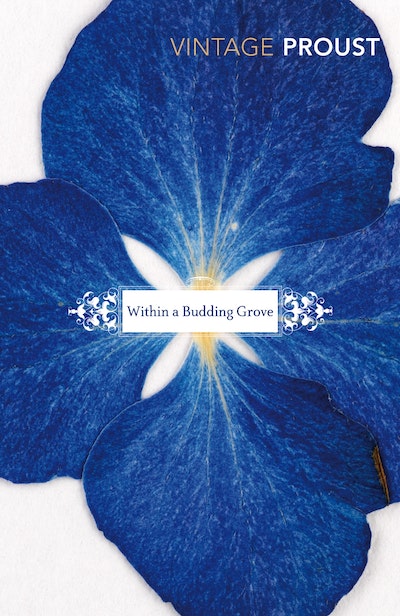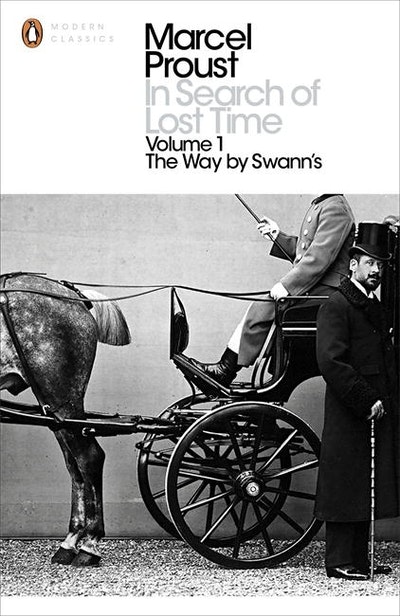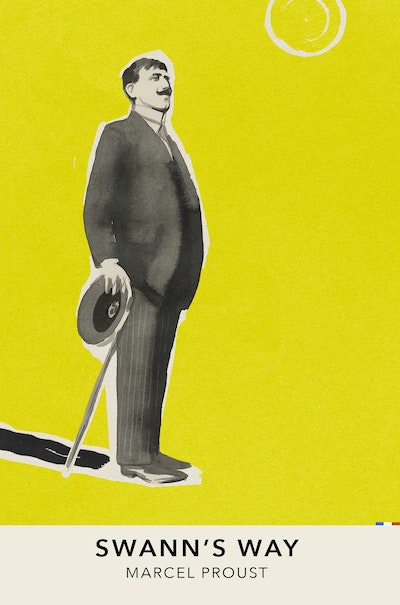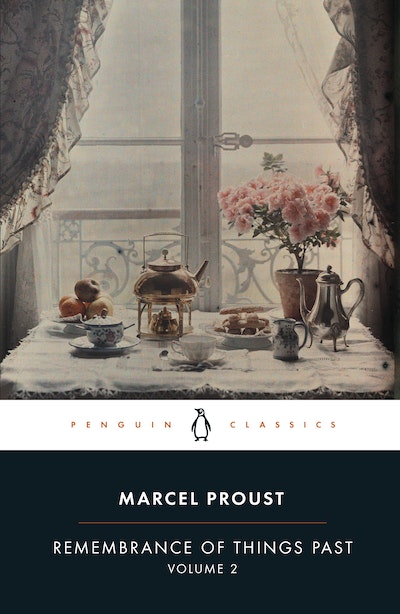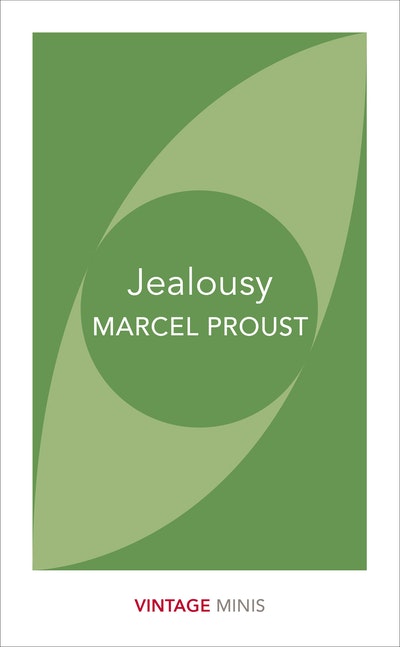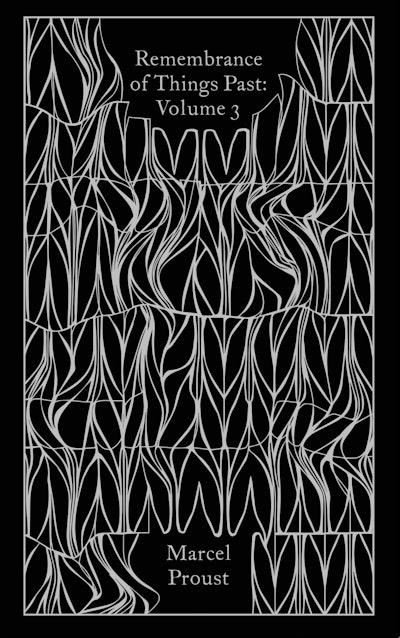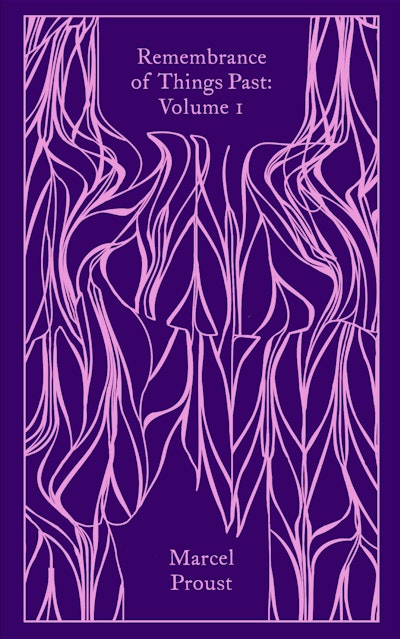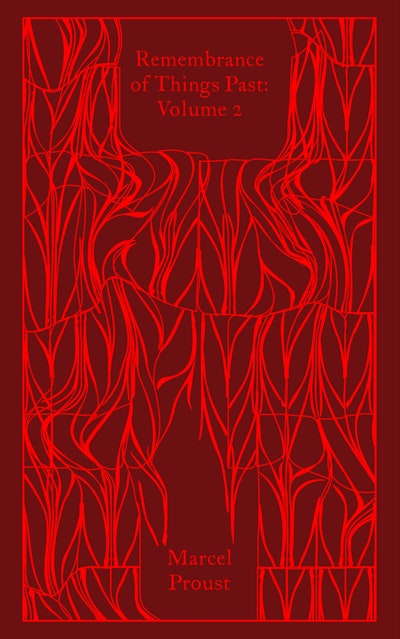[]
- Published: 10 January 1997
- ISBN: 9780099362319
- Imprint: Vintage Classics
- Format: Paperback
- Pages: 656
- RRP: $29.99
In Search Of Lost Time, Vol 2
Within a Budding Grove
Formats & editions
Buy from…
- Published: 10 January 1997
- ISBN: 9780099362319
- Imprint: Vintage Classics
- Format: Paperback
- Pages: 656
- RRP: $29.99
Scott Moncrieff's translation was rather like swimming through syrup...Kilmartin and Enright have produced a version that wonderfully proves the greatness of this novel, this novelist. The prose that describes Swann's sexual obsession, for instance, is so good you have to stop after many a paragraph, re-read, think over it
Melvyn Bragg, Guardian
What a genius! Whole pages cascade, like great jazz slaloms
Bill Nighy, The Times
One of the cornerstones of the Western literary canon
The Times
Surely the greatest novelist of the 20th century
Sunday Telegraph
As close to being a definitive English version of the great novel as we are likely to get. This new edition will serve to introduce new generations of readers to what Somerset Maugham rightly described as the greatest novel of our century
Allan Massie, Scotsman
